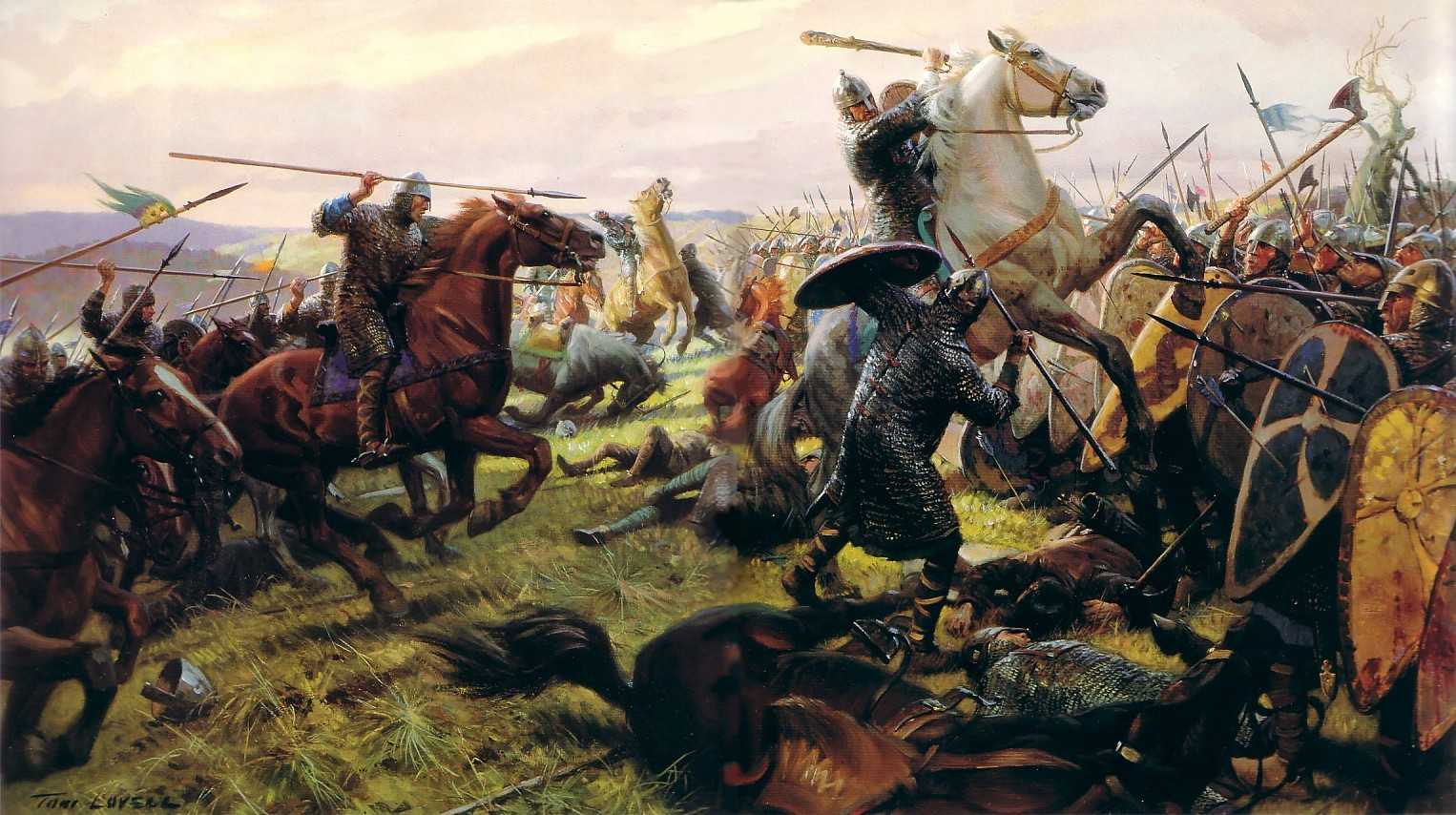In 1066, Saxon England was rocked by the death of Harold II and his army by the invading Norman forces at the Battle of Hastings. Descendants from both Norse Vikings and Frankish tribes, the Normans got their name from their home territory in Normandy in Northern France. Their peak of expansion was in and around 1130 when their lands spread over England, Southern Italy, Northern Africa and many Mediterranean outposts. Despite being experts in trade and spreading their culture, the Normans always considered their lands in Normandy as their true home, but by the late-12th century, they had become too widespread and had begun to lose a sense of identity. By the time of the French campaigns in Normandy in 1202, the kingdoms of England and France had become completely different entities. The Anglo-French War (1202-1214) watered down the Norman influence as English Normans became English and French Normans became French. Now, no-one was just ‘Norman’. As its people and settlements were assumed into these two larger kingdoms, the idea of a Norman civilisation disappeared. Although no longer a kingdom itself, the culture and language of the Normans can still be seen in Northern France to this day.
For more answers to your history questions, pick up the new issue of All About History or subscribe now and save 25% off the cover price.
